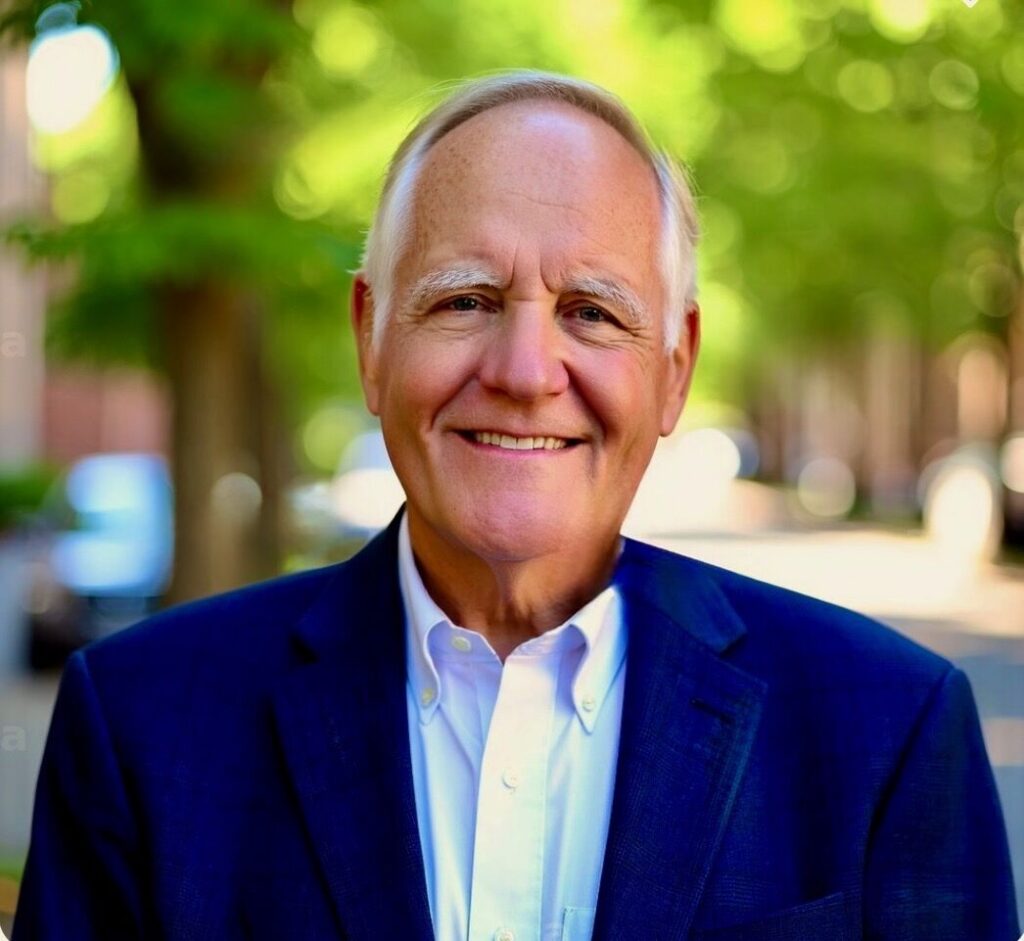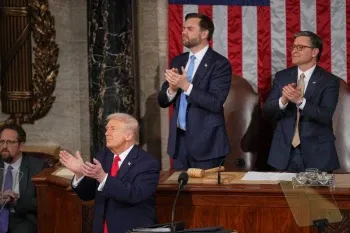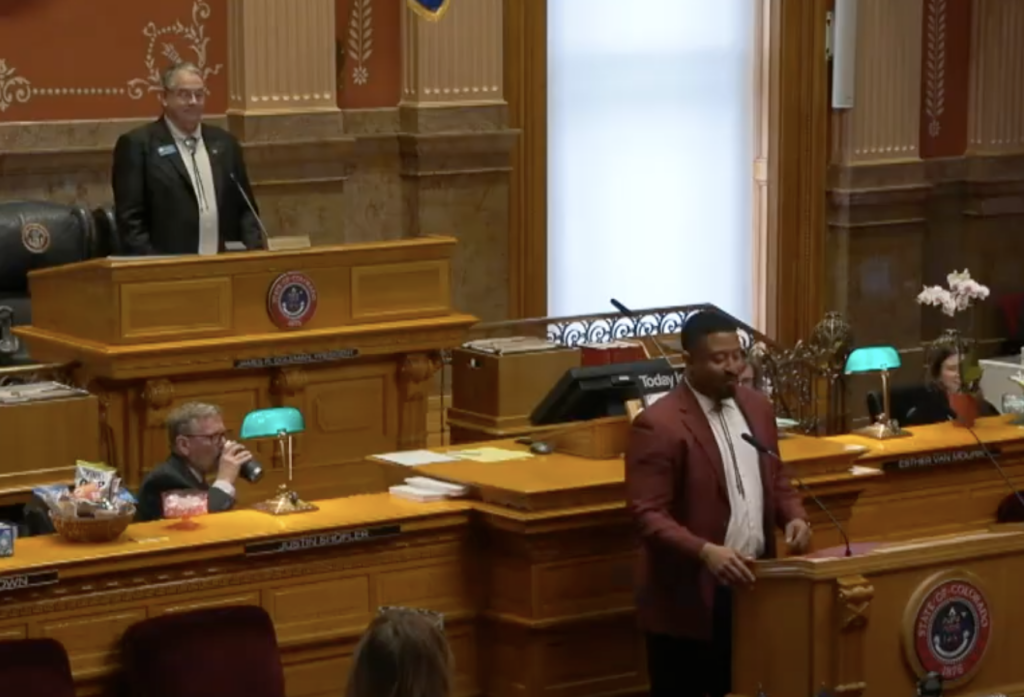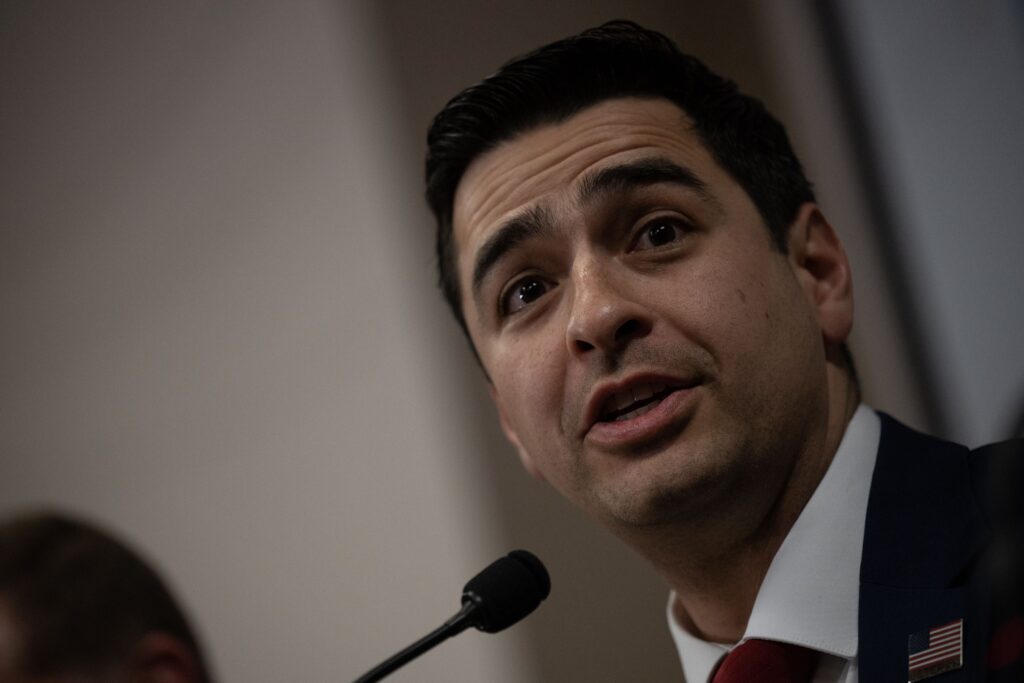Solar industry is fighting to save Colorado jobs
Colorado has a robust and growing solar energy sector, with the total installed capacity growing 70 percent last year alone. Six thousand Coloradans now develop, install and maintain solar projects across the state, while many more supply important componentry to the industry. Nearly one gigawatt of solar power is installed in the state, representing over $2.7 billion in investment and providing enough electricity for almost 200,000 homes. Unfortunately, a recent ruling by the U.S. International Trade Commission (ITC) threatens to put a solar eclipse on those jobs, investments and future growth.
A bankrupt, Chinese-owned solar company, made some poor business decisions and has petitioned the ITC to levy steep tariffs on imported solar modules. A move that would deal a serious blow to the solar industry. The ITC’s recent ruling means the eventual fate of nearly 88,000 American solar jobs will rest with President Trump – including 2,000 in our own state. By the end of October, the ITC will vote on a recommended remedy and forward that to President Trump. At that point, the president has until mid-January to implement the recommendation, modify it or do nothing. The president’s decision will ultimately be whether or not to allow two foreign-owned petitioners, Suniva and Solarworld, to crash the entire U.S. solar market. All while solar, for the first time ever, grew faster than any other source of fuel.
Knowing the decision of the petitioner’s case could deal a serious blow to hundreds of local companies and workers, the Colorado Solar Energy Industries Association (COSEIA) has worked to fight this petition since it was first submitted. To us – and the 27 solar equipment manufacturers that asked that the petition be thrown out – this looks like investment bankers trying to recoup their losses from failed investments at the expense of American jobs.
If the petitioners’ full demands are met, the cost of solar energy will skyrocket, raise energy prices for all consumers, slash jobs, and threaten American companies. It’s projected that investments of $31 billion nationally and $580 million in Colorado’s rural and urban communities could be lost if these tariffs are implemented.
In addition to the existing jobs, Colorado’s economic future has a lot at stake. Our state has the potential to double the amount of solar energy we are generating over the next five years. Tapping our state’s solar resources provides Coloradans with one of the most reliable and cost competitive forms of energy. It also makes our state a more attractive place to operate a business, grow our economy and create jobs.
Across the United States, the solar energy industry has been an economic driver over the past several years. The industry now employs over 260,000 people nationally, and according to the Solar Foundation, one out of every 50 new U.S. jobs created last year was in the solar industry. Colorado has most certainly benefited from this economic boom, as our state is home to more than 450 solar companies.
Developing cheaper, cleaner energy isn’t a partisan issue. Colorado has a long history of bipartisan support for renewable energy development. Gov. Hickenlooper and Sens. Bennet and Gardner have come together with three of their colleagues in the House to voice opposition to Suniva’s petition.
Broad support for the American solar industry just makes sense. This case is about choosing between paying more money to a foreign-owned, failed company for clean energy or supporting good paying, American jobs. We stand on the side of the American worker and will continue to fight this petition and help the American solar industry rise to its potential.











